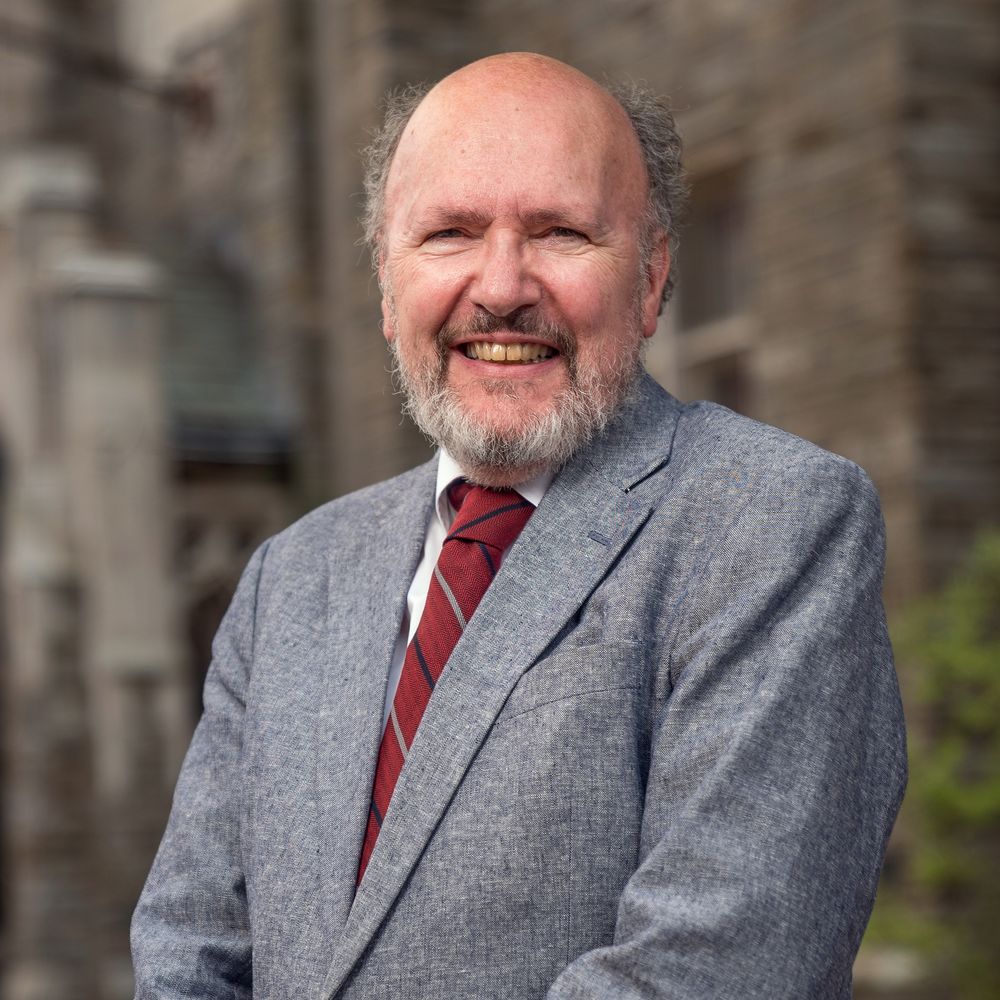
Philip McCallion, director of the School of Social Work, has been chosen to receive the Association for Community Organization and Social Action’s (ACOSA) 2022 Career Achievement Award. This award honors the lifetime contribution of a person in the field who has made a significant impact in macro-level social work through contributions to empirical knowledge, community practice, and the development of practice methods, especially in partnership with marginalized or underrepresented populations.
“If you want to be an agent of social change, you change society for the better,” says McCallion. “You manage services and systems in a way that is more respectful and helps people become who they want to be. That is why this is an important award—because it celebrates the efforts by social workers to make that difference in people’s lives, providing help alongside communities instead of for communities.”
McCallion cites as the highlight of his career work he has done with state and city agencies to successfully improve how aging services and services for those living with intellectual and developmental disabilities are delivered. He has been a champion of helping senior citizens who choose to age in place develop communities of support and has helped enable those with disabilities and their families find the support needed to enable them to get out—and stay out—of out-of-home placements.
In one example, McCallion collaborated with the New York State Department for the Aging on a project that specifically addressed dementia for people with intellectual and developmental disabilities living in the community. The training materials he helped to develop are still used today and have been continuously updated, incorporating his evidenced-based work.
McCallion has consulted on similar issues in over 20 countries, and his work has informed many state-level and national policies, as well as a series of nationally and internationally adopted consensus documents around assessment, service-based supports, caregiver supports, and palliative and end-of-life care. The U.S. State and Community Alzheimer's Disease Programs Initiative now includes people with intellectual and developmental disabilities as a targeted special population, and McCallion serves as the national consultant annually supporting funded projects across the country.
McCallion has also helped grandparent caregivers of children with intellectual disabilities become eligible recipients under the National Family Caregiver Support Act, which provides grants to states and territories to fund a range of supports that assist family and informal caregivers to care for their loved ones at home for as long as possible.
These examples, which only scratch the surface of McCallion’s many career achievements, exemplify what can be achieved when research is successfully put into practice. “I’ve had the opportunity to help prevent people from being placed in group homes, institutions and nursing homes, and have helped remove them from these settings and demonstrate that those changes can work,” says McCallion. He explains that translating research into practice often requires developing training programs and quality assurance systems to ensure that programs are implemented as intended. “I feel very privileged to be involved with changes like these that make a difference in people’s lives. But it’s important to note that sustainable changes don’t happen because of one person. They happen because of your colleagues, and because communities let you in.”
Lisa Ferretti, an assistant professor in the School of Social Work who nominated McCallion for the award, says “Macro-practice social work is about creating social change, and McCallion was among the first in working with local governments on creating aging-prepared/friendly communities. As a researcher, trainer, and educator, he has launched and evaluated evidence-based health promotion and self-management, care transitions, options counseling, and participant-directed practices initiatives. This award is a well-deserved recognition of his outstanding contributions to the field.”
